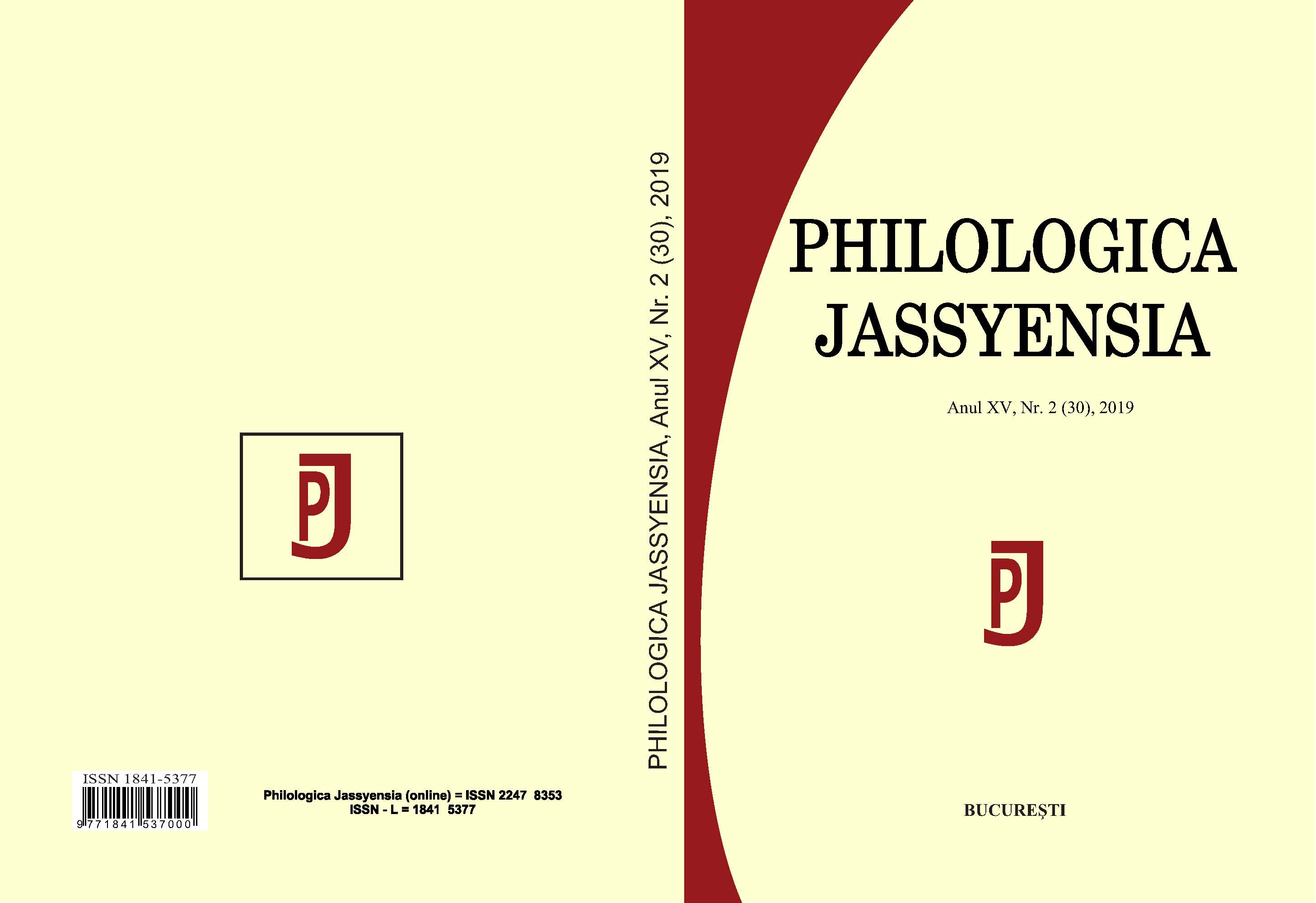Die multiethnische Dobrudscha im Prosawerk Oscar Walter Ciseks
The Multiethnic Dobruja in the Prose of Oscar Walter Cisek
Author(s): Romaniţa ConstantinescuSubject(s): Comparative Study of Literature
Published by: Editura Tracus Arte
Keywords: multiethnicity ; ethnic stereotypes ; expressionism ; literary Dobruja ; Balchik ; Vâlcov ; Tatarbunary uprising;
Summary/Abstract: The interest of the Romanian writer of German expression Oscar Walter Cisek for the multiethnic Dobruja manifests both in the short story Die Tatarin (1928) and in the novel Der Strom ohne Ende (1937). It is motivated by the literary friendships kept by Cisek, but also by his interest in the Oriental world, doubled by the interest of the German publishing house of the Enoch brothers for the ethnographic picturesque and vital, original prototypes, this interest also being visible in the publishing program of the German translations of the works of Panait Istrati. This study also focusses on the admiration expressed by Cisek for the expressionist poet and novelist Wilhelm Lehmann, in his early days. It documents the relations of Oscar Walter Cisek to the Romanian and German language artists in Balchik, as well as to those discovering Vâlcov, a small settlement where the Chilia branch of the Danube meets the sea, as source of inspiration. Yet, as opposed to the Dobruja in Adolf Meschendörfer’s novel Der Büffelbrunnen (1935), Cisek’s short story Die Tatarin is not written from a colonial perspective but exposes and dismantles the stereotypes applied to the Tatar women in Dobruja. At the same time, Cisek’s short story depicts the abandonment of the traditional roles and occupations by the Tatars, as well as the resulting problems brought upon by the social renegotiations among the ethnicities of the province. The issues of the cohabitation of the Lipovans, Romanians, but also of the Tatars or the Jews are the backdrop of the novel Der Strom ohne Ende. The study places this work in its historical context – the Tatarbunary uprising of 1924, led by Osip Poliakov, a fisherman from Vâlcov, followed by the trial of the insurgents that gained international attention, as well as the proclamation of the so called Moldavian Autonomous Soviet Socialist Republic by those who had fled across the Dniester river – and discusses Cisek’s choice not to use this information about the south-eastern part of Romania, which was very current at that time, in his novel dedicated to the Danube Delta and its people.
Journal: Philologica Jassyensia
- Issue Year: XV/2019
- Issue No: 2 (30)
- Page Range: 69-86
- Page Count: 18
- Language: German

